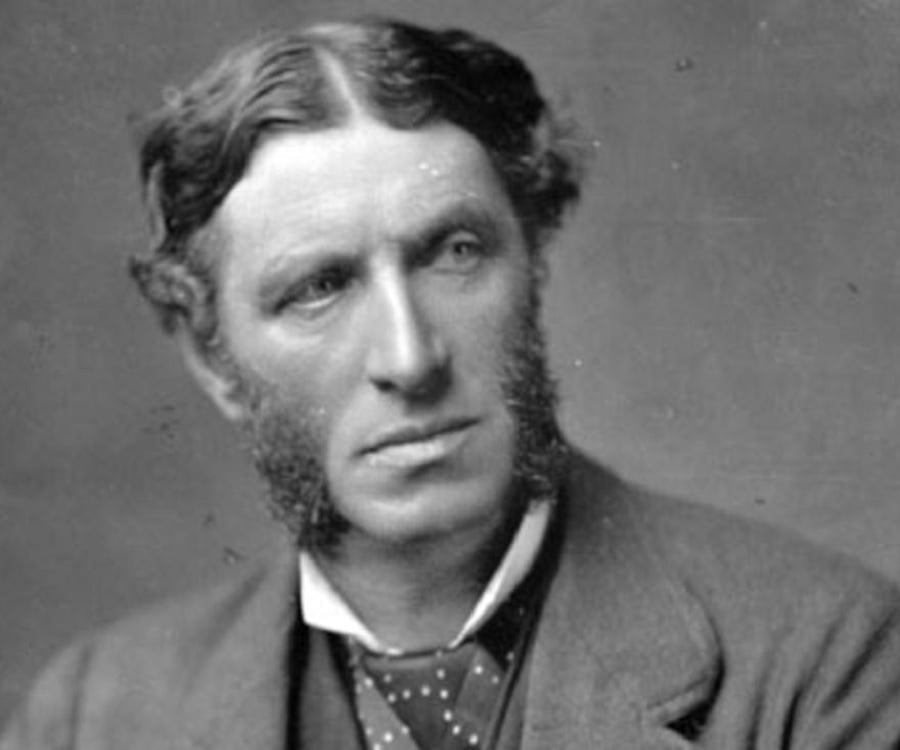
PM [1]
Rank : Helper
Status : Super Owner
#1

## Matthew Arnold: Life and Works
Matthew Arnold (1822-1888) was a prominent English poet, critic, and cultural commentator. He played a significant role in shaping Victorian literary and social thought, leaving behind a legacy of influential essays, poems, and cultural analyses.
Early Life and Education:
* Born in Laleham, England, Arnold was the eldest son of Thomas Arnold, a renowned headmaster of Rugby School.
* He received a classical education at Rugby and later at Balliol College, Oxford, where he excelled in literature and philosophy.
* After graduating, Arnold worked as an inspector of schools, a position that provided him with valuable insights into the state of education and social conditions in England.
Literary Career:
* Arnold began his literary career with poetry collections like "The Strayed Reveller and Other Poems" (1849) and "Empedocles on Etna" (1852).
* He is best known for his elegies and reflective poems, including "Dover Beach" (1867), "Thyrsis" (1866), and "The Scholar-Gipsy" (1853).
* His poetry often grapples with themes of loss, disillusionment, and the search for meaning in a rapidly changing world.
Critical Works and Cultural Commentary:
* Arnold's critical essays and cultural commentaries are equally significant. He published works like "Culture and Anarchy" (1869), "Literature and Dogma" (1873), and "Essays in Criticism" (1865, 1888).
* His criticism focused on the relationship between culture and society, emphasizing the need for "sweetness and light" – the balance of intellectual rigor and aesthetic sensibility – in public life.
* He believed that culture could serve as a unifying force, bridging social divisions and fostering a more harmonious society.
Key Themes and Influences:
The Search for Meaning and Purpose:
Arnold's work reflects the anxieties of a rapidly changing world. He grappled with the loss of traditional values and the rise of industrialism and materialism.The Role of Culture:
Arnold believed that culture could play a vital role in addressing social problems and fostering a sense of shared values.Classical Influences:
Arnold drew inspiration from classical literature, particularly the works of Homer, Virgil, and Sophocles, which influenced his poetry and his emphasis on clarity and balance in writing.Legacy:
* Matthew Arnold's work continues to resonate with readers today. His poetry offers profound reflections on the human condition, while his critical essays remain relevant for their exploration of cultural and social issues.
* He is considered one of the most influential figures of Victorian literature, shaping the intellectual landscape of his time and leaving a lasting legacy on English literary and cultural thought.
Summary of Key Works:
"Dover Beach":
A haunting poem about the loss of faith and the search for meaning in a world devoid of certainty."Culture and Anarchy":
A seminal work that criticizes the social and political ills of Victorian England and argues for the importance of culture as a unifying force."Thyrsis":
A deeply personal elegy for the poet's friend, Arthur Hugh Clough, reflecting on loss and the passing of time."The Scholar-Gipsy":
A meditative poem exploring the tension between intellectual pursuit and the demands of society.Overall, Matthew Arnold's life and work are characterized by a deep intellectual engagement with the challenges and anxieties of his time. His poetry and critical essays continue to offer insightful and thought-provoking reflections on the human condition and the role of culture in shaping society.
-------------------------
Moved by Mr.Love
Reason : New section